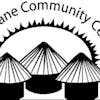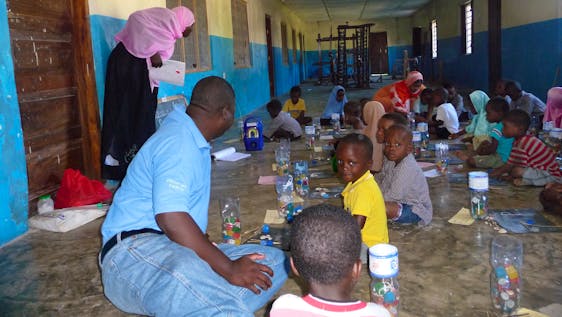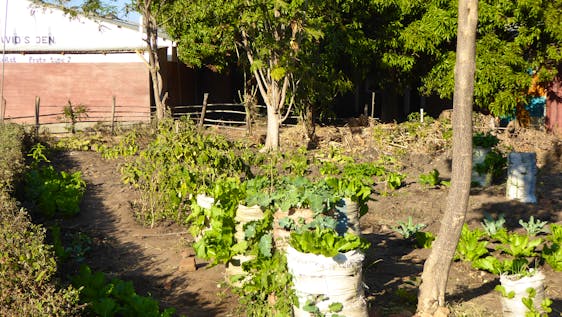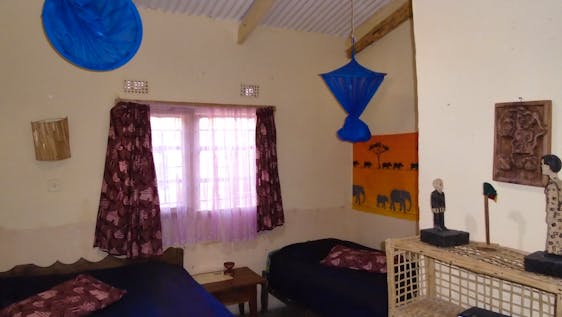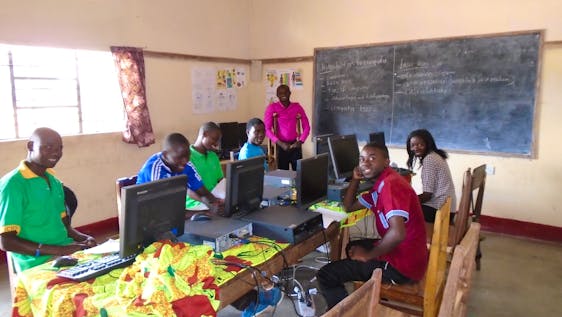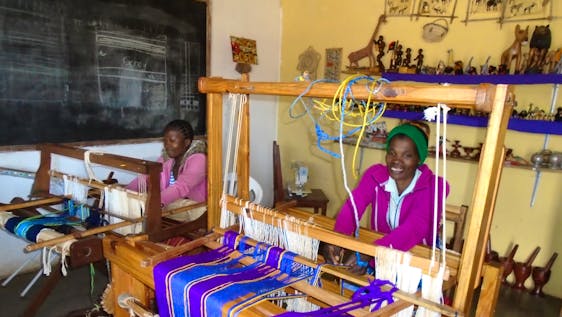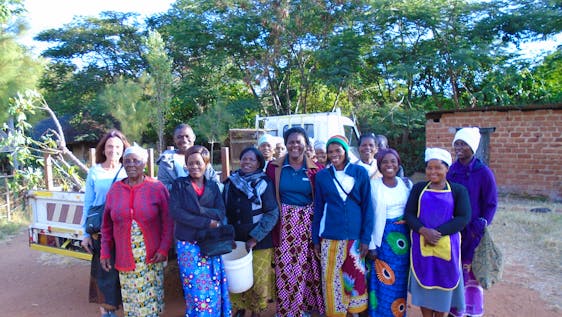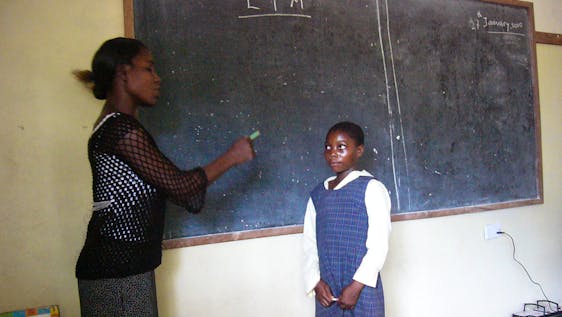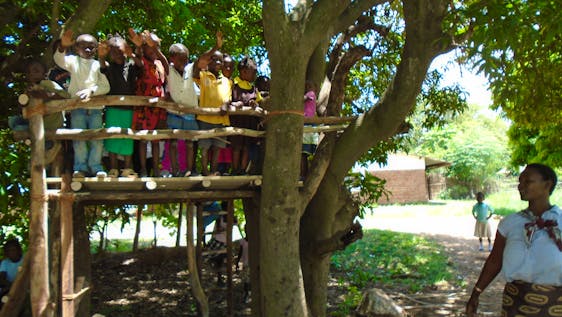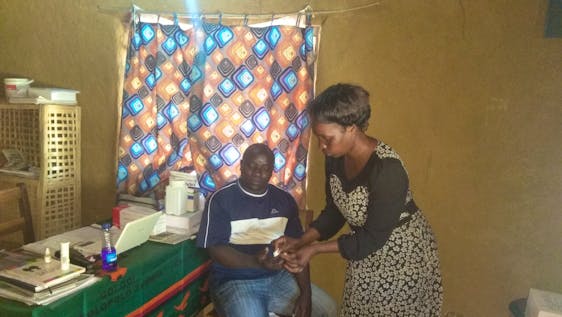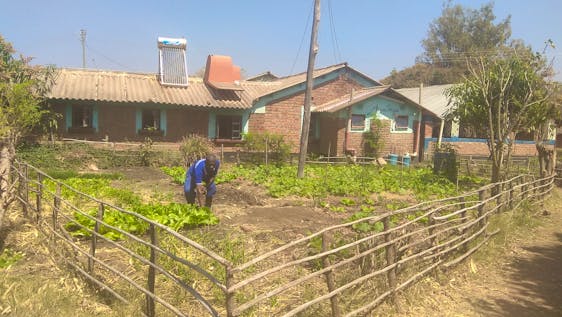Tikondane Community Centre is run by a diverse crew of 85 local volunteers (the Tiko crew) led by a local Board of Directors and Tiko Director- Elke Kroeger-Radcliffe.
The soil is poor, due to the use of artificial
fertilizer (which is now incredibly expensive) resulting in low crop yields.
After the harvest, some produce is sold to provide cash for necessities such as
salt, soap, school fees, and clothes.As
a result by January, three months before the next harvest, supplies of maize
run out and the hungry season begins. Add to this an imbalanced diet,
contaminated water supplies, the consequences of HIV/AIDS, and the general lack
of educational opportunities, and it becomes obvious that life is extremely
difficult in Katete.
However, the local population is very friendly and hospitable. Many rely on extended family for assistance and generosity is a hallmark of Chewa culture. The area is safe as most crime is opportunistic petty theft. For travellers, malarial prophylaxis is strongly recommended as malaria is very common here. Many locals use boreholes for water, which is very safe to drink.
Our history
Tiko owes much of its success to the efforts
and wisdom of one woman – Elke Kroeger-Radcliffe (pictured right). A
German-born Australian widow, Elke has travelled the world spending many years
studying cross-cultural psychology. Sister Elke, as she is affectionately
called, arrived at the nearby St. Francis Hospital in 1993, to teach trainee
nurses, having just done a nursing course in Sydney to be ready to fight HIV
& AIDS.
In the years that followed, she immersed herself in Zambian
culture, attempted to learn the local language and very soon started to work on
the most pressing and obvious problem of illiteracy. When villagers came to
join the classes in the nursing school hospital, management became a bit
worried and restricted this to staff personnel only. A venue for literacy
classes was found next to the hospital, given by the Chief. ‘Tikondane
Community Centre’ was born!
Professor Jack Radcliffe, Elke’s late husband, provided the real
foundation on which Tiko was built. It is the independence through a widow’s
pension that allowed Elke to found Tikondane. He is respectfully commemorated
at ‘Agogo House’, which means ‘Grandfather’ in ‘Chichewa’.
It was obvious from the beginning that Tikondane could not survive
solely on donations, and so it was necessary to establish Income-Generating Activities
(IGAs). Thus, other than the verandah for teaching, the existing structure was
turned into guest rooms. A restaurant was also added. Elke’s brother and his
wife helped to set up other activities, such as soap making and a first attempt
at the now famous peanut butter.
Tikondane
Community Centre was formally established as a community-based organization under
the Societies Act on 30th July 1999 when it was granted a
certificate of registration, and officially opened in September of that year.
From the beginning, the centre received support from many different areas, all
over the world. Such generosity is recognized by the names given to the various
buildings and guestrooms.
All of this has allowed a strong foundation,
on which Tikondane is built today.
Our mission/vision
To fight poverty in Katete
through better education, health and entrepreneurship; helping people to help
themselves while maintaining their traditional culture and values
Our goals
- To promote sustainable farming techniques and entrepreneurship through our 19 Steps out of Poverty for the Subsistence Farmer
- To encourage responsible sexual behavior including knowing your HIV/AIDS status and encouraging child spacing
- To provide education for children and adult learners
- To teach about hygiene, sanitation, and clean water
- To provide resources about a balanced diet and the importance of proper nutrition, especially for children
Who are we looking for?
We offer our volunteers a chance to work in the fields of education,
healthcare, agriculture, marketing, handcrafting, radio production, and
more! We also encourage our creative volunteers to propose their own ideas and
projects, and independently execute them with us at Tiko. Love art? Perfect,
start art classes for children or adults. Have a degree in Business? Hold
seminars for our workers on how to invest. We are always working to encourage
creativity that can be used to better both the volunteer and the community of
Tikodane.
We accept volunteers from all backgrounds and experiences as long as they come with a sense of humor, an open mind and a willingness to become a part of the Tiko community.
Why choose us?
Katete is not part of your typical traveller route, offering a look into an
area seeped in history and ‘Chewa’ culture. As such, volunteers will have a unique, authentic Zambian experience. You will quickly become part of the Tiko family and community. Your work and presence will leave a lasting impact.
